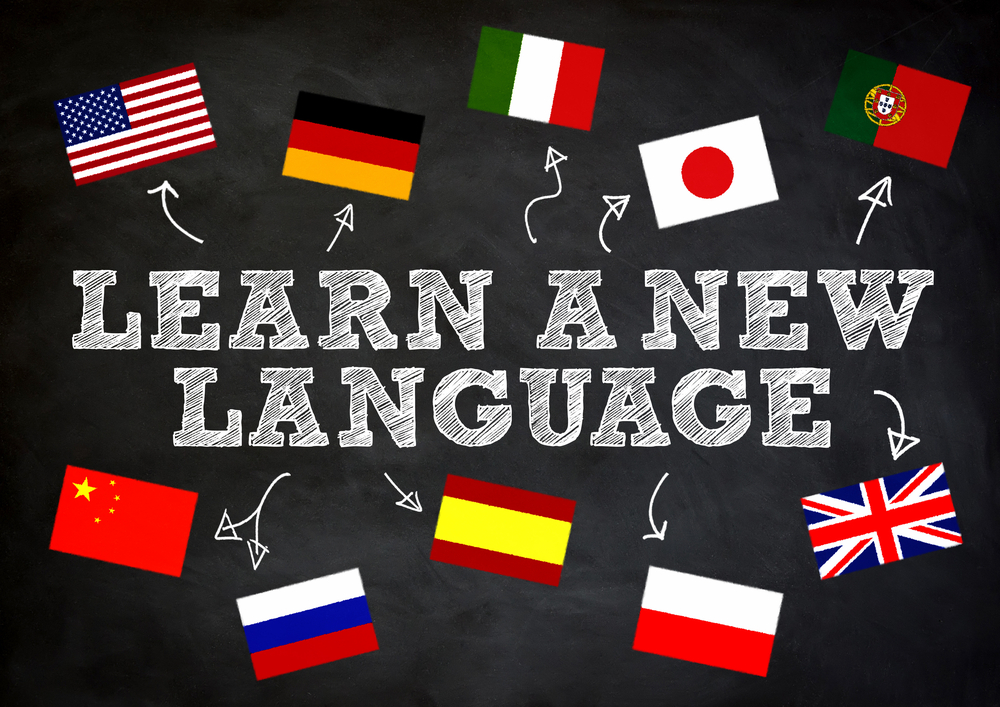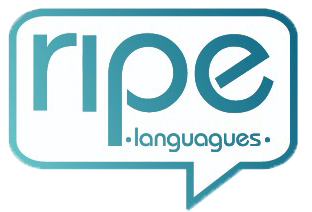
Ripe Learning is expanding. We are introducing Ripe Languages, beginning with six of the most commonly spoken languages in the world. With affordable classes taught by experienced migrant and refugee tutors, with Ripe Languages you can learn the language you’ve always wanted to.
We strive to provide holistic language and culture learning where foreign language skills and linguistic and cultural competence are intertwined with the development of subject knowledge and regional expertise. The learner is at the centre of our activities, and we support learner autonomy, critical and problem-solving attitudes, and the development of learner responsibility over the learning process.
Experienced tutors & support mentors
Alongside our experienced and highly qualified migrant and refugee tutors, we are also utilising the skills of our current and former Ripe Learning students as learning support mentors. Learning support mentors will provide invaluable assistance to classes in their native language.
Course
Our main course programme will provide 30 week courses from beginner to intermediate. At present, our classes are non-accredited, but your progress will be assessed by your tutor.
Location
At present, all classes will take place online. Once in-person study is safe for our learners, tutors and support staff, classes will take place in Ripe Language centre London.
Our 90 minute classes take place on weekday evenings and Saturday mornings.
- Evening 6pm-7:30pm
- Saturday morning 10am-11:30am
- Two classes a week
- 90 minutes
With maximum class sizes of 16 students, you will be able to gain confidence in a new language in a fun and relaxed environment where teaching can be tailored to meet your individual needs and interests.
Each language course runs for 30 weeks and costs (tbc) for the full course. The profits from this social business will be used to cross subsidize our other basic and essential skills courses targeted for people on low incomes. For more information on our basic and essential skills courses and how your fees can support our learners, please visit us here
Benefits of language learning
In general, British schools do not prioritise language learning in comparison to other European countries. This has led to a reported number of 62% of Britons being unable to speak an additional language conversationally. Learning an additional language as an adult is both a reclamation of the education you did not receive in school and the first step in widening your social, cultural and
professional life.
Connect with people in your community in their native languages. Individuals who speak languages other than English, who speak patois as well as standard English, find it a necessary aspect of self-affirmation not to feel compelled to chose one voice over another, not to claim one as more authentic but rather to construct social realities that celebrate, acknowledge and affirm differences, variety. – bell hooks, ‘thinking feminist, thinking back.’
London is one of the most diverse cities on Earth formed of multilingual communities speaking over 200 languages. Learning an additional language will support your community networks and widen your social life with both practical communication and
an increased cultural understanding.
Learning an additional language is a great CV boost for many career paths including social and care work, the tourism sector and international business, journalism and politics.
At Ripe Languages, you will learn in a friendly and relaxed environment with likeminded
people excited about language learning. There are many cognitive, creative and social
benefits of learning a new language.
● Multilinguals show greater creative and cognitive abilities than monolinguals.
● Multilingualism is related to the reduction and delay of the onset of dementia.
● Multilinguals are better at multitasking.
● Multilinguals and those who learn another language are better and faster at
learning new things.
● Foreign language learners and multilinguals are more tolerant and accepting of
difference and ambiguity thus making integration less of a challenge.
● Multilinguals have more foreign friends and participate more in cultural activities.
Which language should I learn?
The act of choosing a new language to learn is a personal one. Perhaps you are a community practitioner working in a prominently Arabic-speaking community and want to improve your engagement with your patients. Maybe you have always wanted to read your favourite books in their original Spanish, or you are hoping to, someday, begin a brand new life in China. There are many different cultural, social and practical reasons to study an additional language. If you are passionate about language learning but haven’t yet made a decision where to begin, here is some information about the six languages we currently offer to assist your
decision.
● Arabic is the fifth most widely spoken language in the world with over 300 million
speakers.
● Arabic is the official language in 22 countries.
● Arabic is one of the ten most significant languages for international education.
● Arabic script is used in languages such as Farsi, Urdu and Pashto.
● Arabic is an official language of a number of international organisations including
the United Nations, International Criminal Court and the World Health
Organization, as well as regional organisations such as the African Union, the
Organisation of Islamic Cooperation and the Arab League.
● Over 300 million people speak French across five continents
● French is the third most spoken language in international business
● France is the second most popular destination for people from the UK travelling
abroad and the UK’s biggest market for incoming tourists.
● French is one of the official languages in several countries including Canada,
Belgium and Senegal
● 80 million people across Germany, Austria, Belgium, Luxembourg and
Switzerland speak German as their native language.
● German is the tenth most common language on the internet, with more than 84
million users.
● Germany is the UK’s second most important market for inward tourism
● Mandarian is the most widely spoken language in the world with around 900
million speakers
● China is the second largest economy in the world, Mandarian an ideal language
for international business
● Chinese is composed of pictograms and semi-phonetic ideograms, meaning you
will learn an entirely new way of reading and writing
● Spanish is the second most widely spoken first language in the world with
approximately 437 million native speakers
● Spanish is the official language of 9 of the 13 countries which make up South
America, including Argentina, Chile, Columbia and Peru
● Spanish is one of the six official languages of the United Nations
● Spanish is the third most used language in the media
● Portuguese is the official language of both Brazil and Portugal
● Portuguese has official status as a second or additional language in Angola,
Mozambique, Cape Verde, GuineaBissau, São Tomé-Principe and Timor-Leste.
● Portuguese is the seventh most widely spoken language in the world
